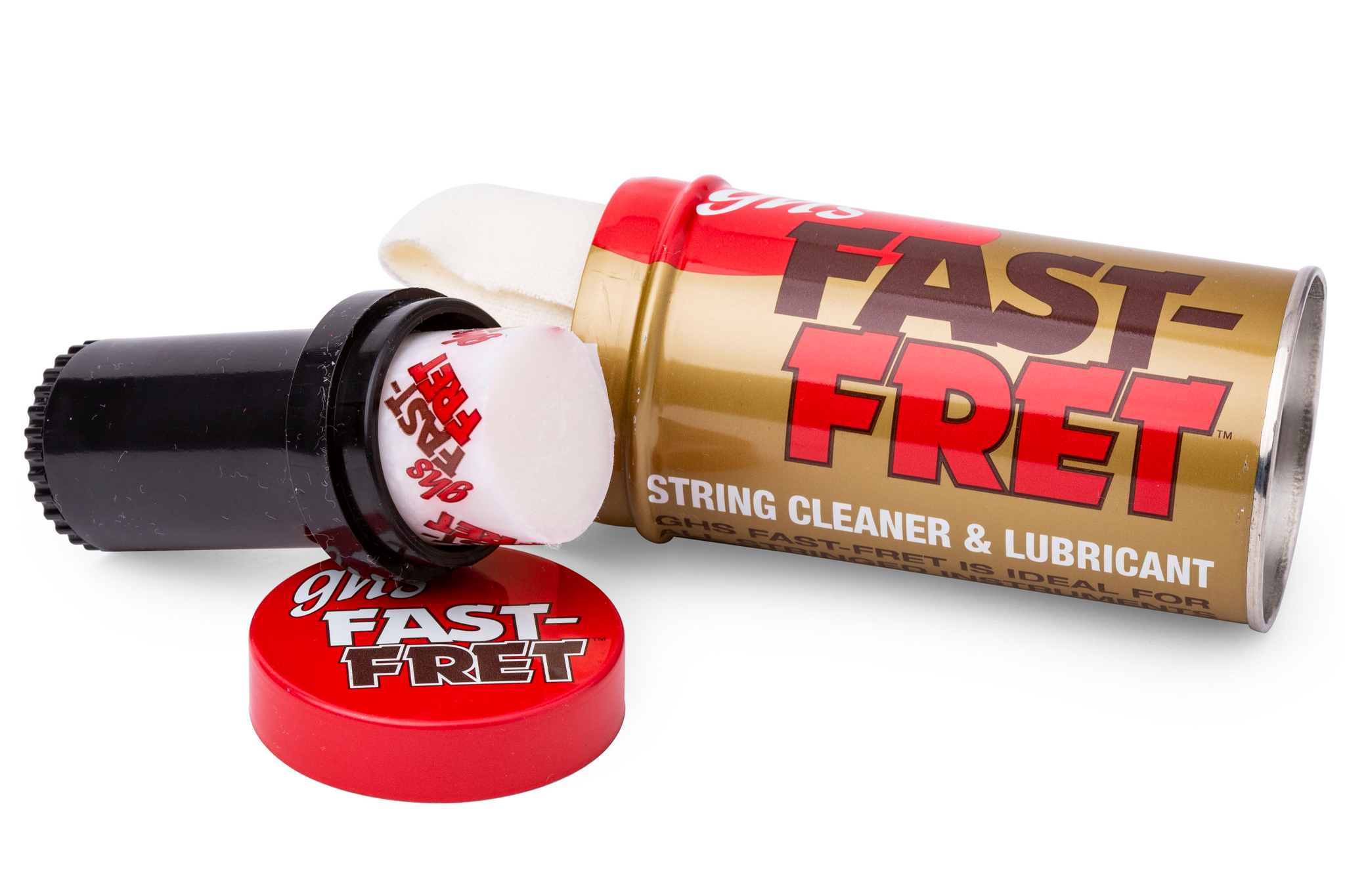-
I restrung an instument about a year ago with half-rounds but played it only a few minutes. It was hanging up. I picked it up yesterday and it sounded fine. This made me wonder. The string were under full tension.
Generally playing flat wounds last longer than half rounds, which laster than full rounds, which suggests dirt, dead skin, and oil play a role in aging. I don't know the effect of string bending, but that might thin out the strings over time and lead to breakage or thinner sound.
Does exposure to air make a difference and does keeping them at ternsion without play effect the strings?
-
05-22-2024 06:10 AM
-
All of the above.
Depending on the materials used, strings will oxidize over time, so exposure to air is a factor.
Exposed surface area comes into play - I haven't measured it, but I expect that full-round strings have more exposed surface area than half-rounds, which have more exposed surface area than flat-wounds. More exposed surface area means more of the material is subject to oxidation (not to mention dead skin, human body oils, and other factors).
Metal under stress will change shape, depending on the material and the amount of applied stress. This is the ductility and/or malleability of the material.
Bending a string applies a lot of stress to a string over a short amount of time. The amount of time over which a stress is applied can cause various deformations, as for example when you break a string (a lot of stress over a short time) or when rocks bend without breaking (a little stress over a long time).
I'm not sure what you mean by "it was hanging up". If you mean that the string was catching in the nut or bridge and not responding smoothly to turns of the tuning machine, then in addition to the ductility of the string, the nut or bridge string channels might not have been smooth. The minor change in string shape resulting from applied stress over time might have lessened the "hanging up"; or friction or pressure on the string channel over time might have caused the shape of the string channel to change, thereby diminishing whatever was causing the string to "hang up"; or both.
-
The strings are always exposed to air, unless you have a strong vacuum chamber. Maybe not much change of air, but still air. So I don't think air is the cause. The only things I can think of right now are vibration and possibly contaminants. Flats sound dead to me when new, so it's no wonder they sound about the same for longer than rounds. My gut hunch is that vibration affects the metal, mostly the steel core, but perhaps the winding. I have no actual proof of that, though. Perhaps ChatGPT has the answer.

-
[QUOTE=Marty Grass;1337534]I restrung an ins
Does exposure to air make a difference and does keeping them at ternsion without play effect the strings?[/QUOTE
One thing I've noticed is this. When you remove an old string, try running your fingers along its length. You will feel a kink in the string at every fret (assuming you play over the entire fretboard. Probably worse for those players with high frets and a heavy touch. Those kinks can't be great for the sound of the string.
-
What I meant by hanging up was that it was hanging on the wall and not in use.
-
Why do strings eventually sound dead?
In a word, corrosion.
-
My strings don't corrode, because I always wipe the strings thoroughly after playing with a lint free cloth with mineral oil. (Baby oil will do.)
Sometimes I wipe them before playing too, it makes the strings sound duller.
Info: Fast Fret is mainly only mineral oil.

Last edited by GuyBoden; 05-24-2024 at 11:56 AM.
-
Young's Modulus
As long as the string lives on the straight part of the left side of the curve, all is well and should be "well behaved" for musical purposes.
-
I'm not sure there is a single factor. I suspect several things contribute, including wear on the windings, perhaps corrosion, perhaps metal fatigue from vibration and perhaps from long-term stretching and exposure to tension. I readily admit to having no actual knowledge, and having done no experimentation other than thought experiments. I tend to discount kinking from frets, because I've never seen that happen on my guitars, but I can't say for sure. Stainless steel strings still go dead even without corrosion, although it's hard to tell if the core has some, but I've seen plain strings that sounded dead to me while showing no corrosion that I could see. I think it's probably a combination of factors, but again I have no actual evidence to prove anything.
-
As for FastFret, the only ingredient listed is white mineral oil. When it seems that there is no oil left, I just add some mineral oil. I don't expect to ever need to buy another can.
-
Well, of course they do. You're just delaying the process, that's all :-)
 Originally Posted by GuyBoden
Originally Posted by GuyBoden
-
You'd see it eventually, it's inevitable.
 Originally Posted by sgosnell
Originally Posted by sgosnell
There are metals that don't corrode but they don't make guitar strings out of them. Not entirely, anyway.
I don't know what would happen if they made strings from stainless steel coated with brass. That would seriously prevent corrosion but they'd still wear out eventually. And sound pretty awful en route, I expect.
Nothing lasts forever, not even guitar strings :-)




 Reply With Quote
Reply With Quote







2008(?) Henriksen 112
Today, 01:37 PM in For Sale